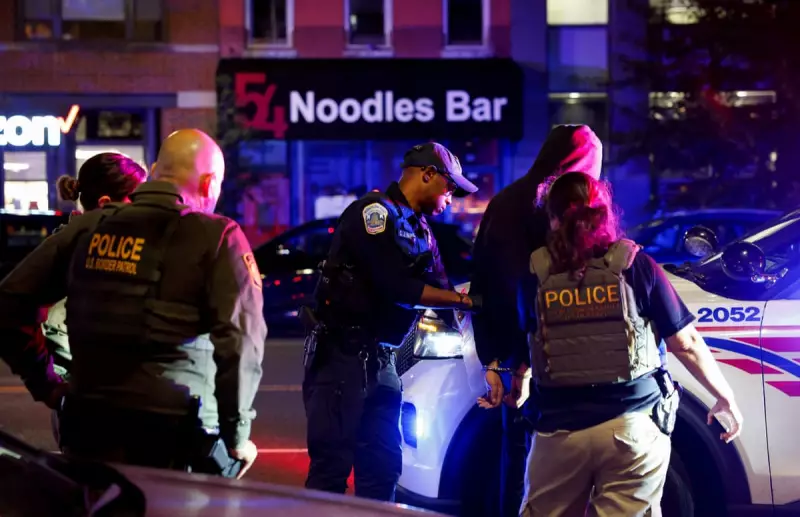
In a move that has sent shockwaves through the American political establishment, former President Donald Trump has declared a national emergency over crime in Washington DC, granting himself sweeping authority to assume direct control of the nation's capital police force.
The unprecedented declaration, made from his Mar-a-Lago estate, effectively sidelines DC Mayor Muriel Bowser and the local government, installing a federally appointed 'emergency manager' to oversee all policing operations. This radical intervention is framed by the Trump campaign as a necessary measure to combat a 'crime epidemic' and 'lawlessness' it claims has engulfed the city.
A Constitutional Firestorm Ignites
The announcement has immediately triggered a ferocious backlash, with legal experts and political opponents decrying it as a brazen power grab that tramples on the District of Columbia's limited self-governance. Critics are labelling it an authoritarian overreach that weaponises national emergency powers for political gain.
Mayor Bowser issued a blistering response, stating, "This is not an emergency declaration; it is a hostile takeover. It is an assault on the will of the 700,000 American citizens who call DC home." She has vowed to challenge the order in court, setting the stage for a protracted legal battle that questions the very limits of presidential power.
The Rationale Behind the Emergency Powers Push
The Trump campaign justifies the move by pointing to crime statistics and alleging that local leadership has failed to ensure public safety. The decree positions crime not as a local issue, but as a national security threat due to DC's status as the federal seat of government, a argument legal scholars are already picking apart.
This strategy allows the former president to forcefully re-enter the national conversation on law and order, a key pillar of his political brand. By taking direct aim at a Democratic stronghold, he energises his base with a narrative of strong, decisive action against perceived urban decay.
What Happens Next?
The immediate aftermath is likely to be characterised by confusion and conflict:
- Legal Challenges: A swift injunction from DC's Attorney General is expected, seeking to block the order's implementation.
- Political Condemnation: Democrats and some Republicans have condemned the act, promising congressional scrutiny and hearings.
- Operational Uncertainty: Within the Metropolitan Police Department, the directive creates a crisis of leadership, with officers caught between their oath to the city and a federal command structure.
This bold manoeuvre is more than a policy shift; it is a profound test of American governance and a stark illustration of the deep political divisions defining the upcoming election cycle. The nation now watches as the courts decide whether such a monumental centralisation of police power can stand.






